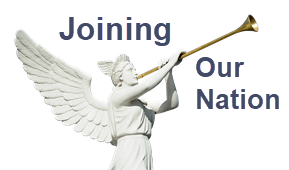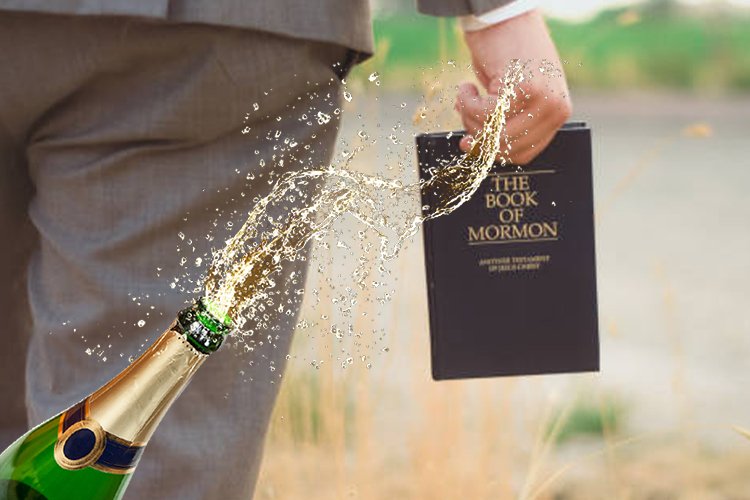Moral Development of Our Youth
I had asked a Pan American stewardess for ginger ale, but she served something else. “Are you sure this is ginger ale?” I asked. “Of course,” she responded. “It’s good for you.” Whatever. I decided to drink it.
The next day, as I was introducing myself in Auckland to our stern-faced mission leader from rural Utah, he asked to be debriefed about details of my travel. Subsequently, the champagne incident tumbled out. However, he was anything but amused, as my parents might have been. Abruptly, he called a person he knew well with Pan Am management and demanded the firing of the stewardess. I learned a short time later that the stewardess had indeed been fired. I was devastated by the ruthlessness I witnessed and grieved for the stewardess who lost her job abruptly, due to my candor.
The champagne incident pulled me quickly behind an authoritarian line, drawn by the mission leader. Henceforth, I learned to obey mission rules precisely. Arise by 6 am. In bed by 10:30. Follow the dress code strictly. Never leave your companion. Work, work, work. No television, movies, popular music—or more recently—Internet or video games. Etc. etc. etc.
I left New Zealand with gratitude for the experience. However, I also departed with wariness about authoritarians, inside or outside of the Mormon church.
Looking back, I remember another alcohol-related experience from my youth, when I was just thirteen. I discovered a bottle of beer Buss had left under the kitchen sink, unattended. I squirreled it off to my room and consumed the entire quart. Ugg. To my young palate, beer tasted yukky. Sometime later, Buss went looking for his beer and asked if I knew anything. “Sure,” I confessed without hesitation. What followed was a pleasant surprise. Rather than chastisement, both parents celebrated instead, that “Jimmy just drank his first beer.” How differently my mixed Mormon family responded, compared with the controlling response of my stern mission leader.
Take-Aways
When we look back at things or events in our lives, we can examine the ones that form our opinions, and ultimately, our character. Looking back—reflecting—is important. I acknowledge my life is comprised of many pieces which usually work harmoniously, but sometimes they are in competition with one another. One of these pieces is Mormon culture. While painful at times, my New Zealand mission experience stands out, overall, as a very bright spot—particularly those aspects connected to my moral development—and for many reasons.
I learned immediately to love Maori, Polynesian, and other cultures, as well as the cities, villages and countryside vistas that pull me back to the South Pacific, even now. And I cherish memories of the people I met and served. I learned self-discipline. I don’t agree however, with the aspect that requires professed certitude about how the world works.
I continue to embrace some Mormon values and beliefs—as my friends observe—that contribute to the unique person I am. From my New Zealand missionary experience, I have taken away something that few Mormons discover naturally, however. Ironically, it’s the gift of starting life in an idiosyncratic family in which I learned to think for myself, rely on my own instincts, and—develop my own moral compass.
As I move through life, I cherish my family’s critical thinking perspective evermore. Also, I’ve come to believe critical thinking forms most durably “from the ground up,” rather than to percolate, through “group think” based upon certitude—and conveyed downward—from others. Indeed, this is the greatest take away I associate with Mormon missionary service.
~ Jim Sawyer

